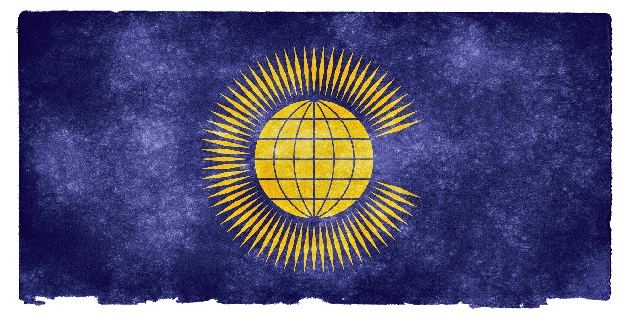Commonwealth creates Youth Development Index
February 13th, 2013The Commonwealth has developed its first index to monitor the development and empowerment of young people in its member countries.
The Youth Development Index measures the status of young people, aged 15-29, in five key domains: education, health, employment, and civic and political participation. It will assist youth ministers and other policy-makers in identifying areas for investment to ensure young people fulfil their potential.
The index has been developed over the past year with a technical team of experts from across the Commonwealth, in collaboration with the Institute For Economics and Peace, which has built the tool.
Director of Youth Affairs at the Commonwealth Secretariat, Katherine Ellis, said: “The index will help inform countries about their strengths in relation to youth development, and which areas should be prioritised for investment. On a pan-Commonwealth level we will be able to tell which countries have strong youth outcomes, and in which domains, and which countries might need more support.
“Where it gets really interesting is when you start to break down countries within the Commonwealth on the basis of income or geographic/population size. Some of the developed countries you expect to be at the top are there but sometimes there are also smaller or poorer countries that you wouldn’t expect to see.
“I think it would be interesting going forward to look at why these countries are topping the league, what it is they are doing really well, and how that might be shared throughout the Commonwealth.”
Ms Ellis explained that the index will inform the Commonwealth’s work with member countries and serve as a tool to monitor the implementation and effectiveness of the Commonwealth’s Plan of Action for Youth Empowerment.
She added that the index also underlines the need for greater global advocacy on the collection of meaningful and comprehensive data about young people, and support for smaller countries in collecting data to ensure they are included in global indices.
Associate Professor Robyn Broadbent from Victoria University in Australia, who represents the Pacific region on the expert committee, said the index provides a snapshot of how young people are progressing and consequently shapes the direction of youth development work and policies affecting young people.
“The index will impact on policy and practice and also tell us a little about how young people are doing, which is really important for long-term economic growth, health and population development. There are some long-term sustainable issues attached to all of this.”
Africa region youth representative Dabesaki Mac-lkemenjima, a doctoral student, said countries budget annually for investments in youth but in the absence of an index there was no way of measuring the outcomes and the real impact on lives.
He commented: “Are young people’s lives getting better because we are investing in them in certain ways? This is why this index is important because it will give young people a sense of whether their governments are investing in the right direction. It also encourages advocacy and action in youth development.”
Commonwealth youth ministers will review the index when they meet in Papua New Guinea in April 2013 before it is released publicly.




